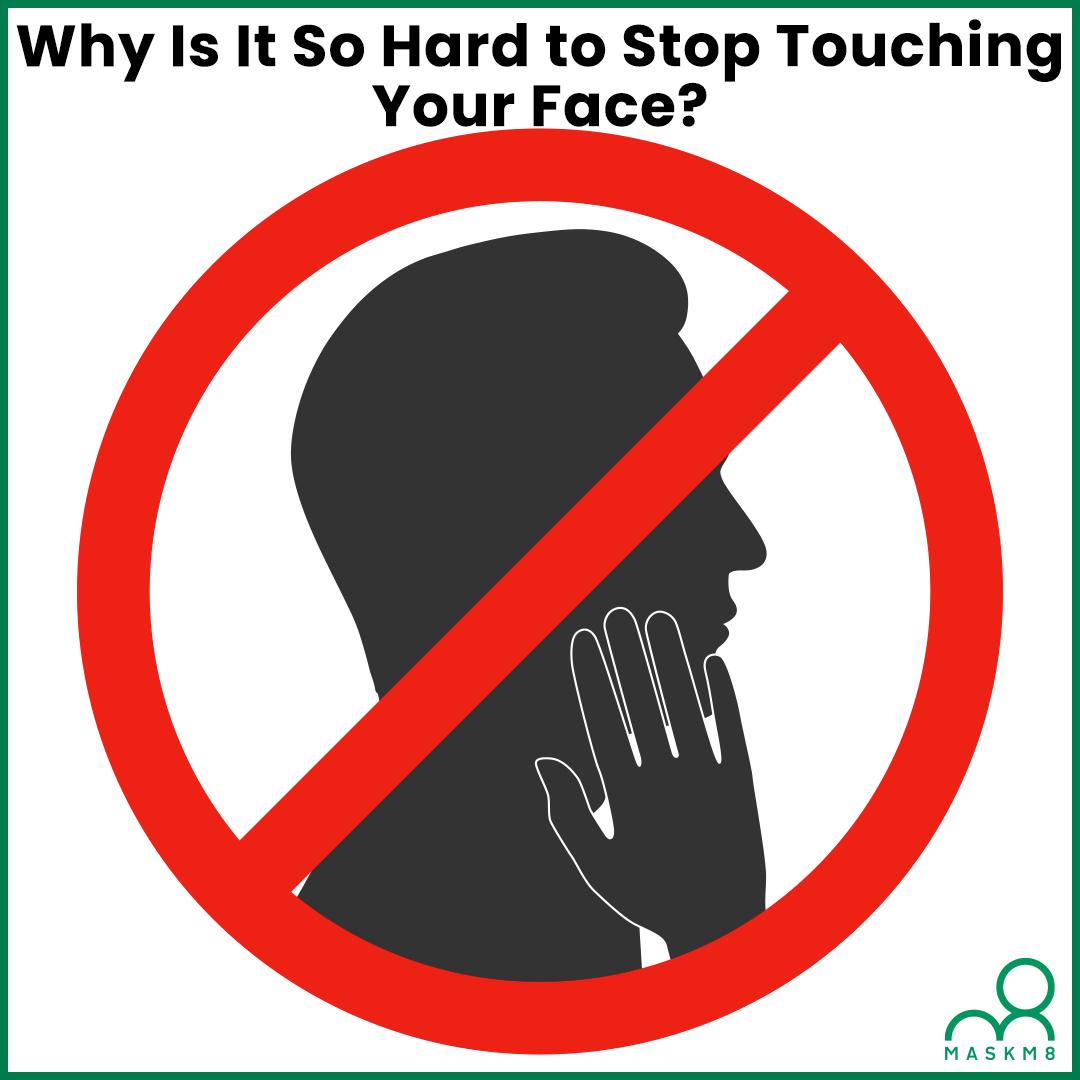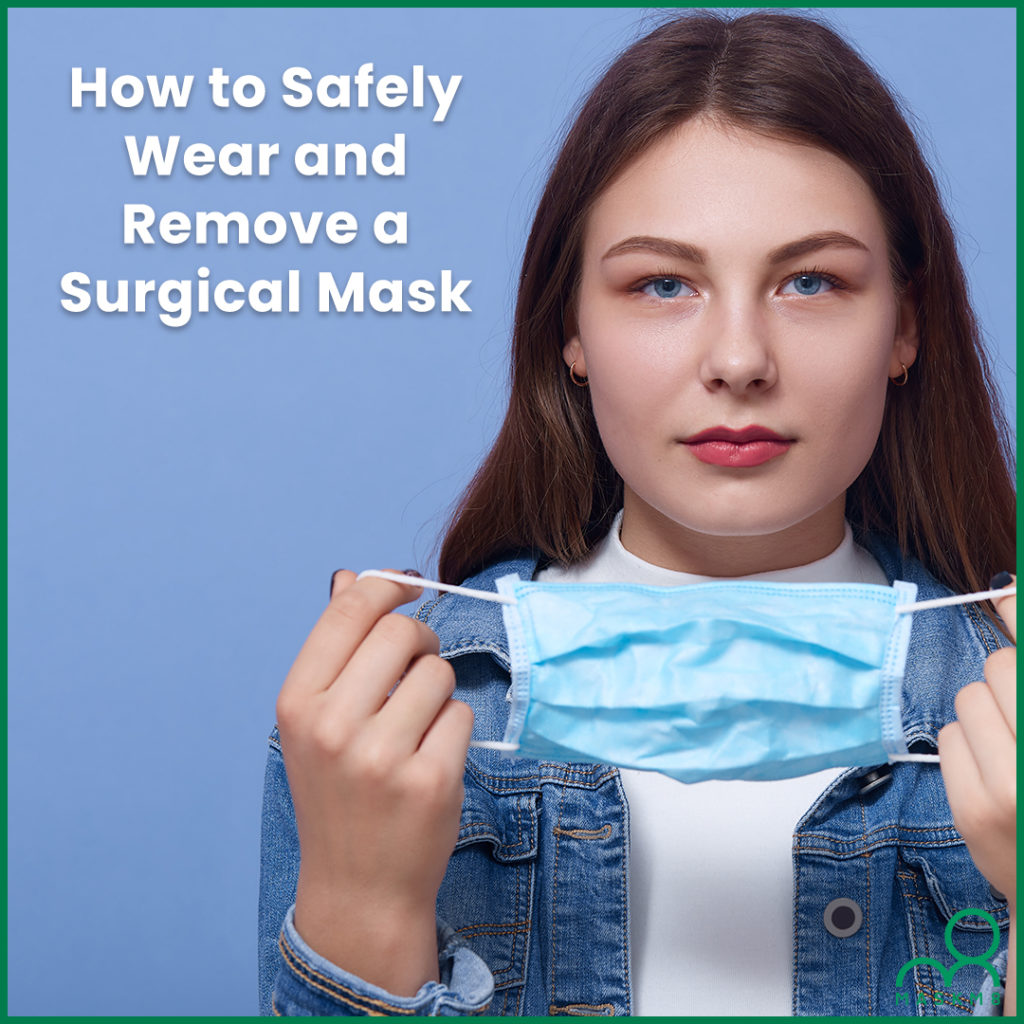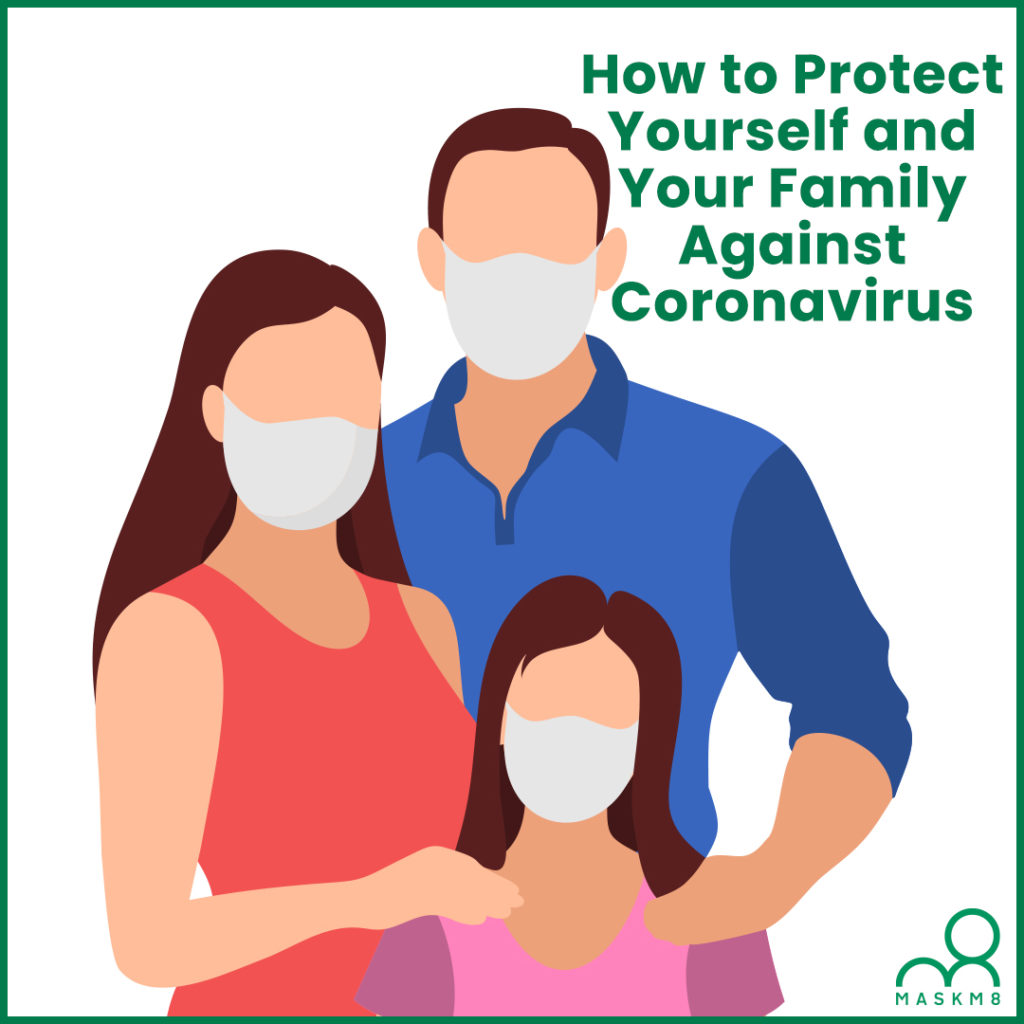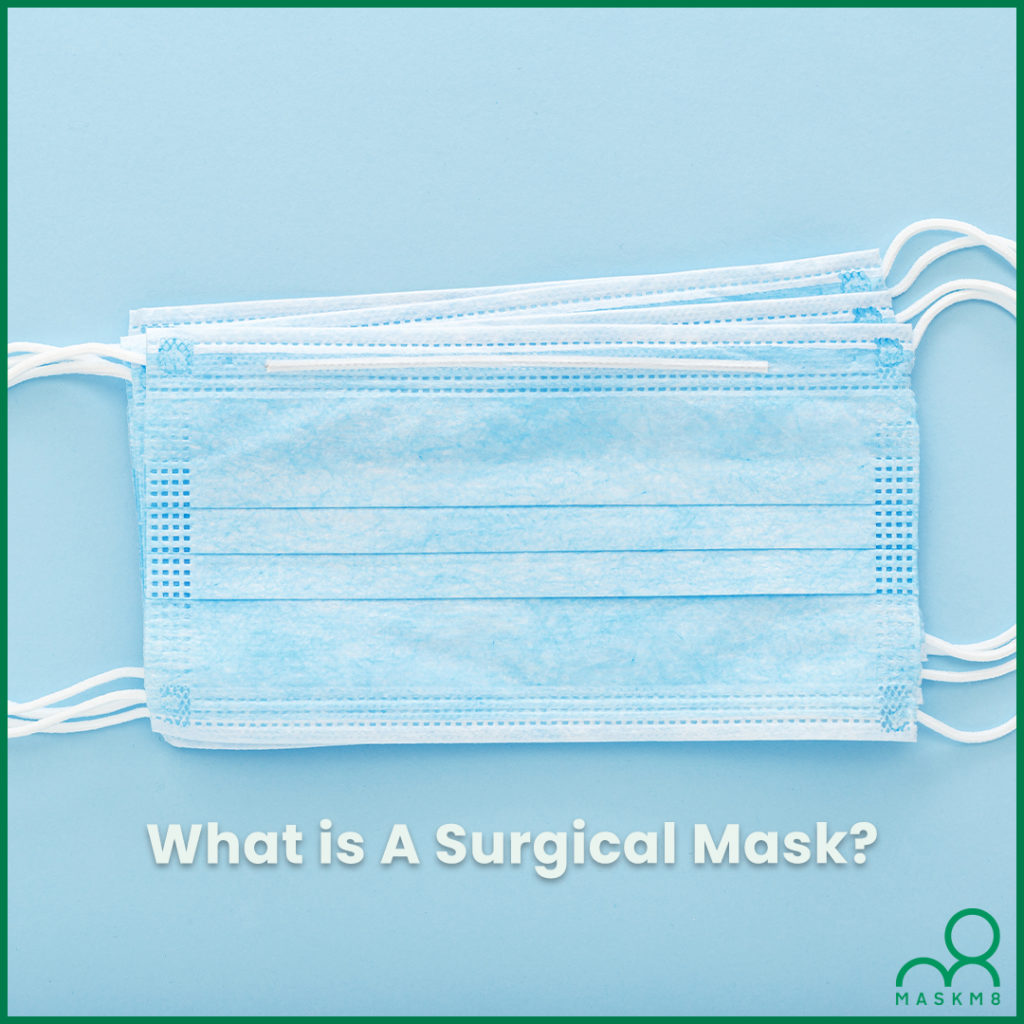Public Health Officials have been warning us of the dangers of the coronavirus for months now, and many of us have experienced the deadly disease first-hand. Top of everybody’s agenda is good hand hygiene but The World Health Organization (WHO), as well as the Centers for Disease Control (CDC) and Prevention, have also been advising us to avoid touching our faces. A feat that for many of us feels near impossible.
Interestingly, humans touch their faces a lot and men frequently touch their chins. For many of us, these facts would have had little significance just six months ago but now touching our faces has become dangerous. Face touching is just one of the ways which we can infect ourselves with illness or disease, particularly COVID-19. Our hands are constantly exposed to surfaces, they touch everything, making them good transporters for pathogens like bacteria and viruses. And, it’s not just our mouths these bugs will use as portals into the human body, they’ll use our eyes, ears nose, mouth, and any other bodily orifice they find themselves at the entrance of.
Hence, why washing our hands often and using hand sanitizer when hand-washing facilities are unavailable is so important.
Yet, touching our faces is also a way that humans have come to soothe themselves. Skin-to-skin contact has been shown to release the hormone, oxytocin, which has an anti-stress effect and helps us to stay calm. Other researchers believe that face-touching is a way of us prolonging our attention span or keeping our emotions in check. Whatever they’re for, many of our face touches are often carried out with little thought or awareness, making it harder to control in the time of a pandemic.
So, what can we do about it?
Wearing a mask could help. Even though some research suggests a mask may not entirely prevent the virus, it does make it much harder for us to touch our faces, particularly our mouth and nose. Therefore, acting as a physical deterrent at the same time reducing the risk of spreading the virus yourself. Don’t forget, some people carry the virus unknowingly because they have it but show no symptoms of it.
Simply telling people to stop touching their faces can be difficult, especially when it happens, in most cases, unconsciously. However, being more aware of our behaviour can help. For example, if we touch our eyes, we might find it helps to wear sunglasses, if we have an itch on our face, using the back of our arm instead of our hand may be less risky or keeping our hands occupied with things like stress balls or fidget spinners could be beneficial.
The take-home message is to stay on top of our hand hygiene, washing our hands with soap and water for at least 20 seconds whenever we can, and using hand sanitizer containing at least 60% alcohol when handwashing facilities are unavailable. Plus, wearing a mask when we’re out, particularly in places where social distancing is difficult can help to reduce the spread of the coronavirus as well as act as a physical barrier to touching our faces.
Sources
Dimond, S and Harries, S. (1984). Face Touching in Monkeys, Apes and Man Evolutionary Origins and Cerebral Asymmetry. Neuropsychologia: 22(2), pp 227-33.
Mueller, S, M., Martin, S and Grunwald, M. (2019). Self Touch: Contact Durations and Point of Touch of Spontaneous Facial Self-Touches Differ Depending on Cognitive and Emotional Load. PLOS ONE.
Uvnäs-Moberg, K, Handlin, L and Petersson, M. (2014). Self-Soothing Behaviours with Particular Reference to Oxytoxin Release Induced by Non-Noxious Sensory Stimulation. Fron Psychol: 5.
World Health Organization. (2019). Coronavirus Disease (COVID-19) Advice for the Public. Available at: https://www.who.int/emergencies/diseases/novel-coronavirus-2019/advice-for-public




